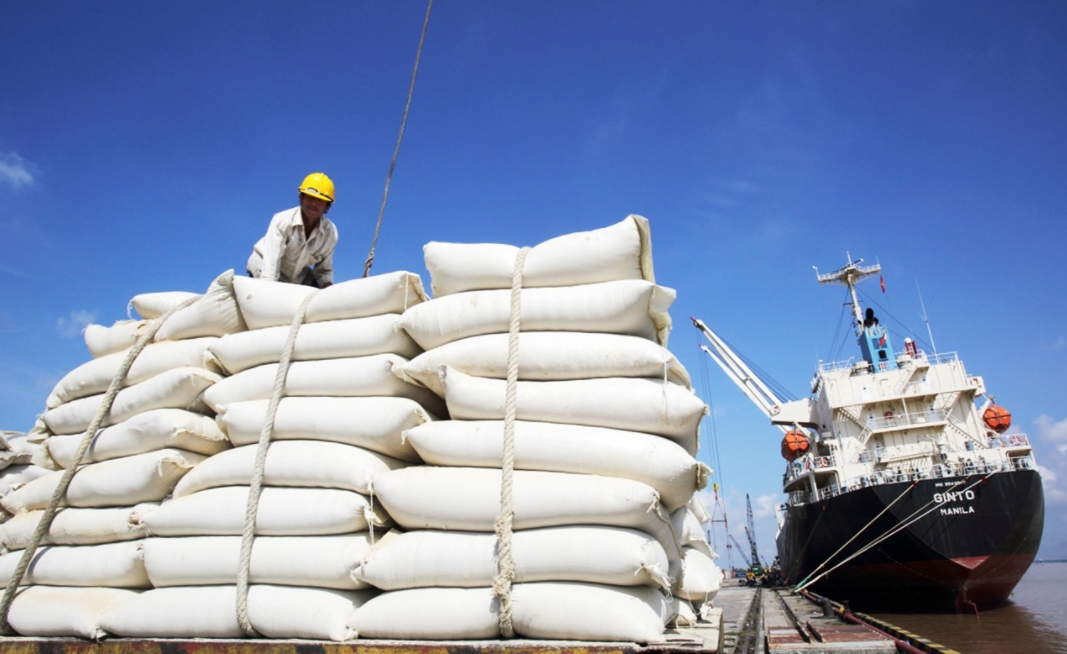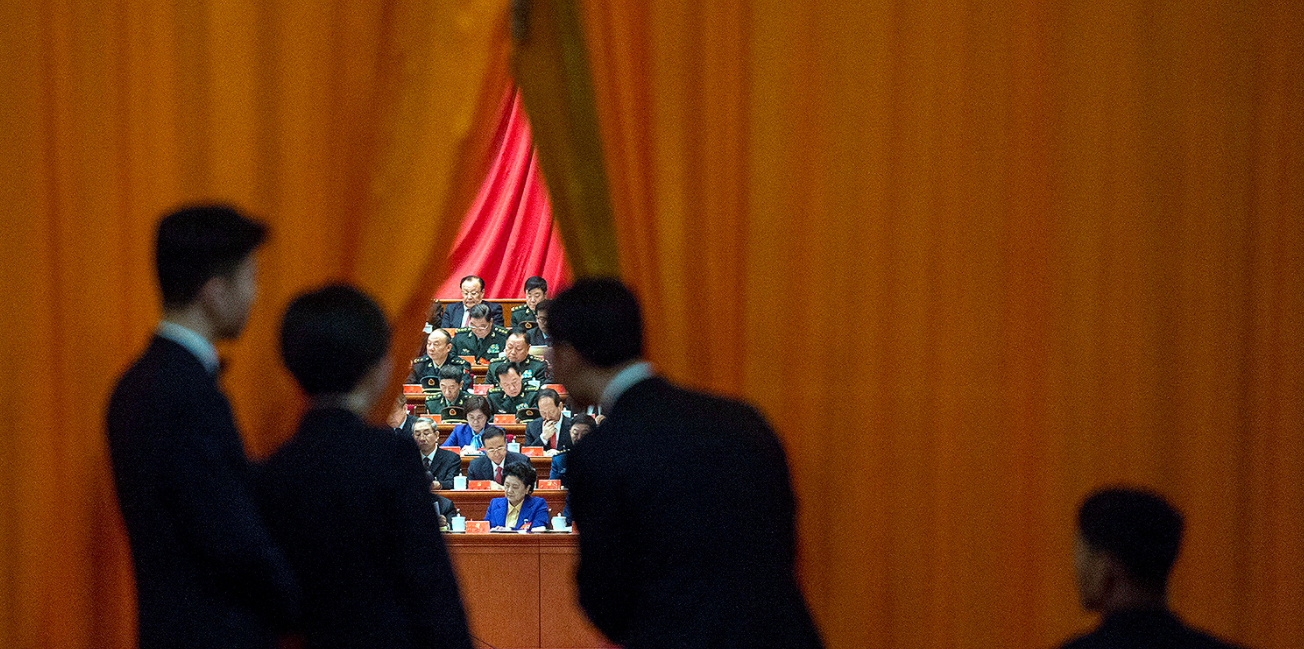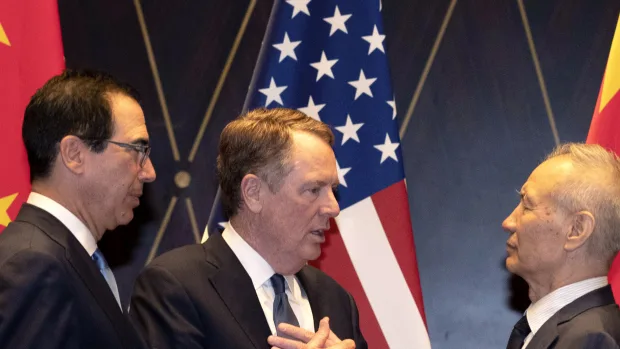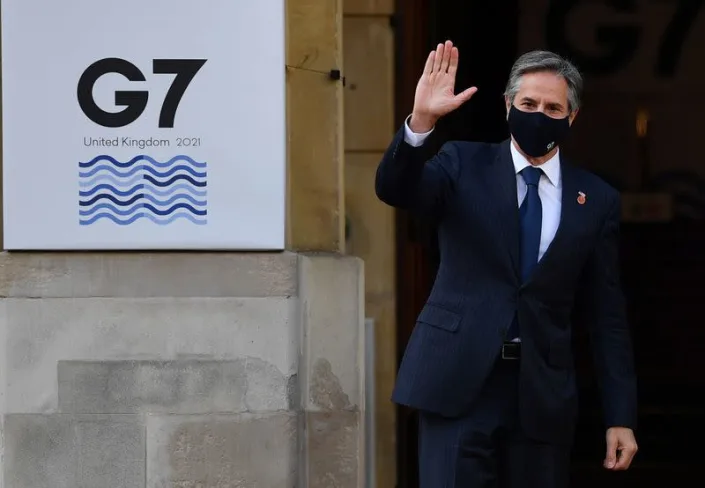U.S vows to stand by Australia in Australia - China economic coercion
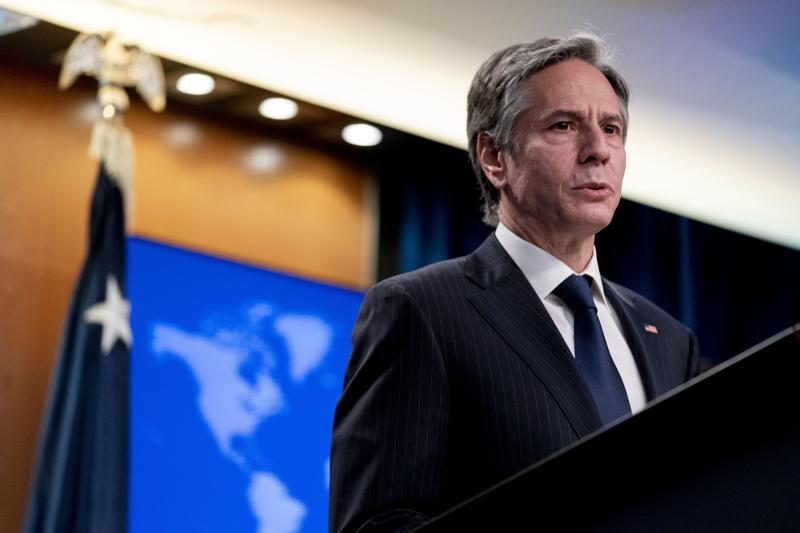 |
| Secretary of State Antony Blinken speaks at a news conference to announce the annual International Religious Freedom Report at the State Department in Washington, Wednesday, May 12, 2021. (AP Photo/Andrew Harnik, Pool) |
Secretary of State Antony Blinken told his Australian counterpart that the U.S. “will not leave Australia alone on the field — or maybe I should say ‘alone on the pitch’ — in the face of economic coercion by China.”
“That’s what allies do,” he said. “We have each other’s backs so we can face threats and challenges from the position of collective strength.”
"We had a chance today to reaffirm our unshakeable commitment to the U.S.-Australia alliance, which has been an anchor for peace, security, and stability in the Indo-Pacific for decades," he added, Associated Press reported.
Tensions between China and Australia have escalated over a slew of issues which has now led to a point where the Chinese state-media with ballistic missile strikes if Canberra gets involved in a potential military conflict over Taiwan.
China, last week had suspended all activities under the China-Australia Strategic Economic Dialogue, a forum launched in 2014 and last convened in 2017. This decision comes a few weeks after Australia scrapped the controversial Belt and Road (BRI) agreement with China.
Blinken and Australian Foreign Minister Marise Payne both said that presenting a united front to China is key and called for a more thorough and complete investigation into the origin of the coronavirus pandemic that first emerged in China in 2019.
Relations between the two have plunged to a multi-decade low since Beijing blocked imports of Australian coal, wheat and other goods over the past year. But it has failed to force Prime Minister Scott Morrison’s government to offer concessions.
The suspension follows Australia’s decision in April to cancel two deals signed by the state of Victoria with China’s multibillion-dollar “Belt and Road” construction initiative.
Beijing warned then it might respond, which it did when it suspended the China-Australia Strategic Economic Dialogue, accusing Australia of abusing “so-called national security reasons to severely restrict and suppress economic and cultural cooperation projects.”
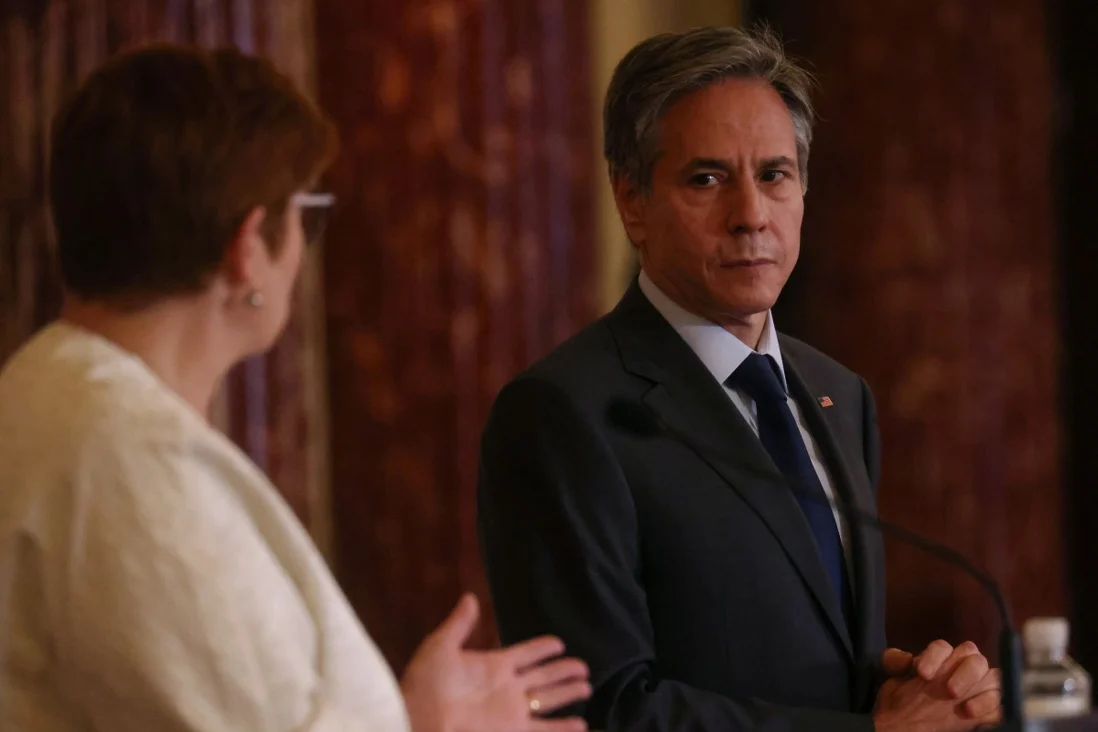 |
| US Secretary of State Antony Blinken said at a press conference with Australian Foreign Minister Marise Payne on Thursday that Washington would not desert Canberra. Photo: Reuters |
China Accused Australia of Economic Coercion
China’s top diplomat in Canberra blamed Australia for deteriorating ties between the nations, accusing it of economic coercion and “provocations” in a wide-ranging speech that painted Beijing as a victim, according to Bloomberg.
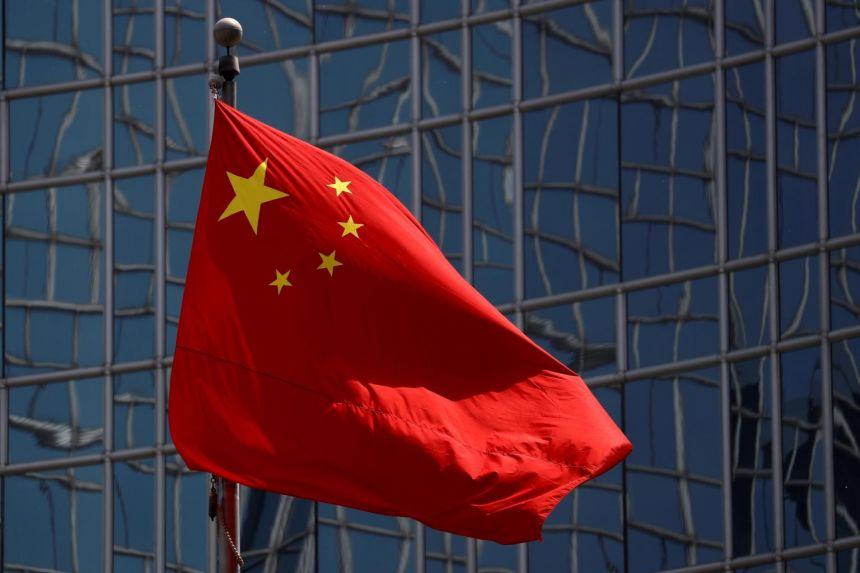 |
| Washington has repeatedly criticised what it says are Beijing's attempts to bully neighbours with competing interests. PHOTO: REUTERS |
Citing Australia’s decision last week to cancel agreements between Beijing’s flagship Belt and Road Initiative and Victoria state among a litany of “negative moves,” Ambassador Cheng Jingye said the country’s perception of China as a “threat and challenge” had hurt relations. He called claims of Chinese economic coercion “ridiculous and irrelevant.”
“If there is any coercion, it must have be done by the Australian side,” Cheng told business leaders in a video address Thursday, according to a transcript. “What China has done is only aimed to uphold its legitimate rights and interests, prevent bilateral ties from further plunging and move them back onto the right track.”
The remarks come days after Australia’s Home Affairs Secretary Michael Pezzullo ramped up tensions by telling staff that “in a world of perpetual tension and dread, the drums of war beat.” While he didn’t directly mention China, he said free nations were watching “worryingly the militarization of issues that we had, until recent years, thought unlikely to be catalysts for war.”
The battle of words shows there’s no obvious circuit-breaker to help mend relations that have been in freefall for a year after Prime Minister Scott Morrison’s government called for independent investigators to enter Wuhan to probe the origins of the coronavirus. Beijing has since inflicted a range of trade reprisals, including crippling tariffs on Australian barley and wine, while blocking coal shipments.
China last week slammed Australia’s decision to use new laws to cancel the Belt-and-Road agreements, which Morrison’s government described as “inconsistent with Australia’s foreign policy or adverse to our foreign relations.” There has been increasing speculation Morrison may use the laws, passed in December, to scrap long-term leases held by Chinese companies at the ports in Darwin and Newcastle.
“In relation to the Port of Darwin, if there is any advice that I receive from the Department of Defence or intelligence agencies that suggest there are national security risks there, then you would expect the government to take action on that,” Morrison said in a radio interview Friday.
While the prime minister told reporters earlier this week he hadn’t received any such advice, Morrison’s comments could be seen by Beijing as a threat against China’s interests in Australia.
“Some Australians no longer regard China as a cooperative partner,” Ambassador Cheng said in his speech on Thursday. “They have no interest in managing bilateral differences on the basis of mutual respect, nor are they interested in maintaining and enhancing political mutual trust.”
Cheng specifically identified “increasing discriminatory restrictions imposed over investment from Chinese enterprises” as one of the catalysts of the deteriorating relationship.
In an apparent swipe against Morrison’s bid to rally what he calls “like-minded democracies” in forums such as the Five Eyes and Quad, Cheng said “teaming up in small group against China will not work.”
“Clinging to ideological bias as well as Cold War mentality and regarding China as a threat will lead nowhere,” Cheng said.
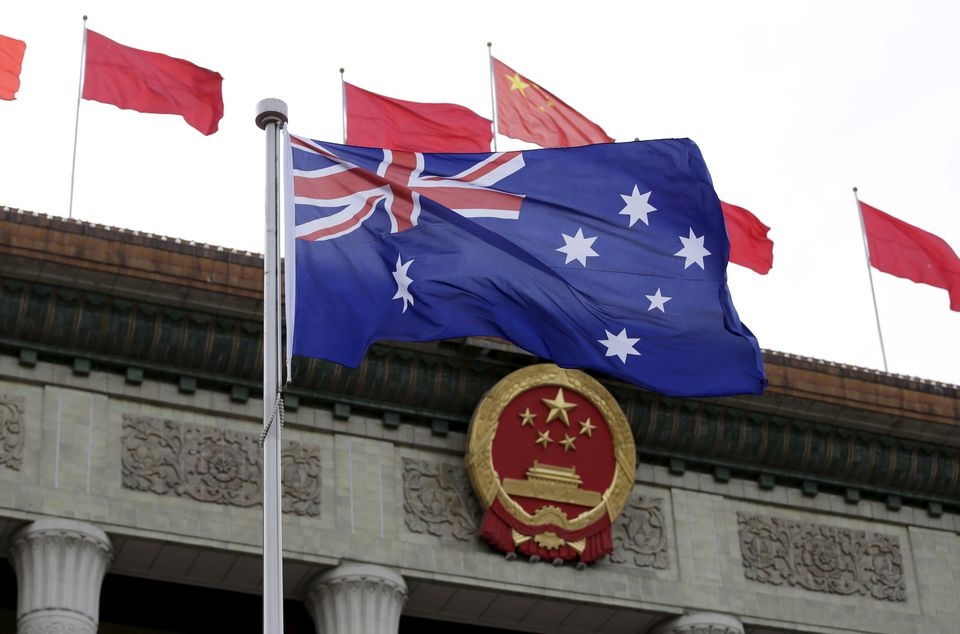 | China suspends economic dialogue with Australia China cut off a channel for diplomatic and trade talks with Australia on May 6 in a largely symbolic act of fury, following clashes over ... |
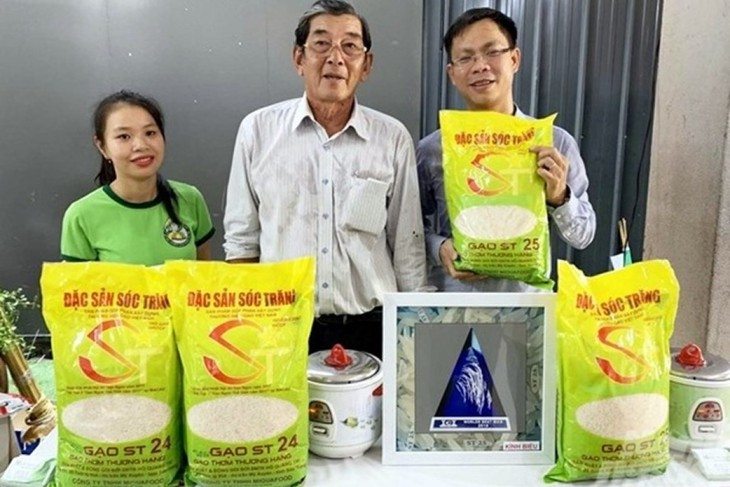 | Vietnam Trade Office protects rice trademark in Australia The Vietnam Trade Office in Australia says it has taken urgent measures to protect trademark rights for Vietnam's rice after a company in Australia applied ... |
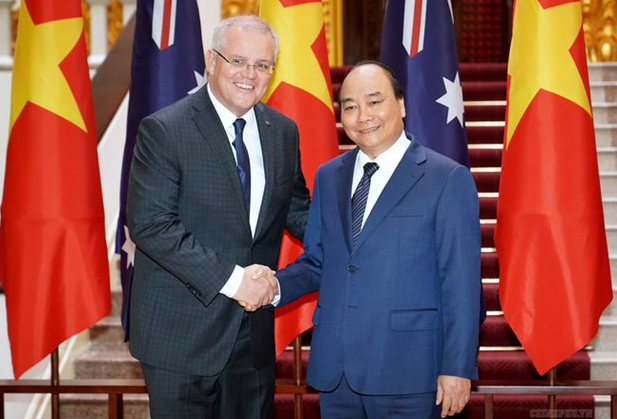 | Australian-Vietnamese businesses promote business connection and cooperation Mr. Nguyen Phu Hoa, Vietnam's Deputy Consul General in Sydney, Head of the Vietnam Trade Office in Australia, said that the economic relations between the ... |
Recommended
 World
World
Pakistan NCRC report explores emerging child rights issues
 World
World
"India has right to defend herself against terror," says German Foreign Minister, endorses Op Sindoor
 World
World
‘We stand with India’: Japan, UAE back New Delhi over its global outreach against terror
 World
World
'Action Was Entirely Justifiable': Former US NSA John Bolton Backs India's Right After Pahalgam Attack
 World
World
US, China Conclude Trade Talks with Positive Outcome
 World
World
Nifty, Sensex jumped more than 2% in opening as India-Pakistan tensions ease
 World
World
Easing of US-China Tariffs: Markets React Positively, Experts Remain Cautious
 World
World

